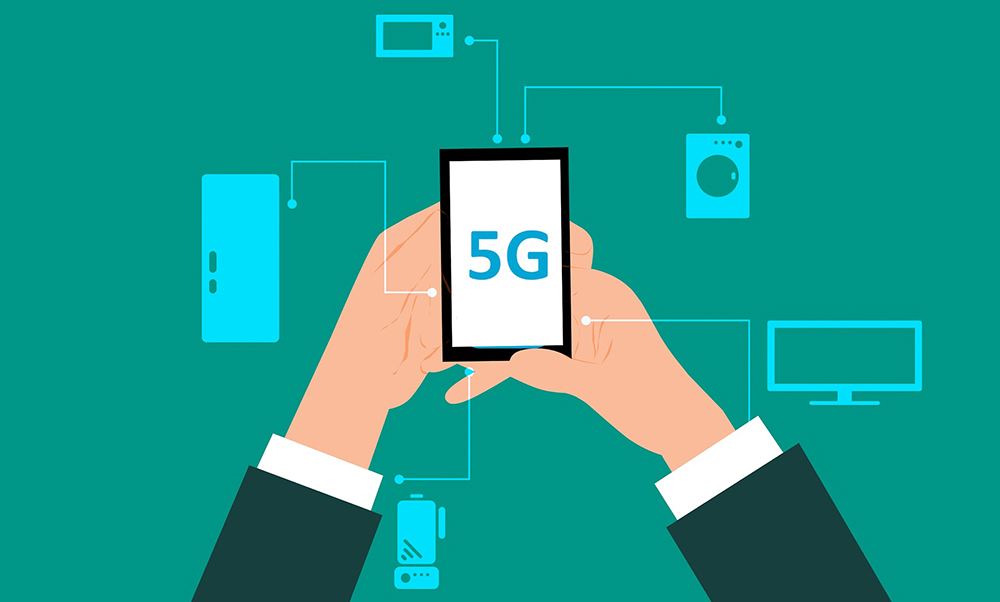A recent study by the Horowitz group focuses on the adoption of new technologies by American households, in particular home internet via 5G which is becoming increasingly available.
5G Internet, consumer demand
23% of consumers surveyed who are not subscribed to this type of service say they “know a lot†about it, with even greater awareness among young people and urban dwellers. 67% of 5G users say their Wi-Fi network covers their home better than traditional broadband, but 7% admit the superiority of broadband. The penetration of domestic 5G internet technology in the United States is still low, only 3% of households. Among viewers surveyed and not equipped, 49% say they will consider subscribing when the service is available in their region.
A word to Adriana Waterston, Executive VP and Head of Analytics/Strategy at Horowitz Research
“5G for home internet access undoubtedly represents a competitive threat to traditional fixed broadband service providers, as consumers look to reduce costs for a reliable internet connection, now considered essential, says Adriana Waterston, executive vice president and head of analytics and strategy at Horowitz Research. The novelty of being able to try an alternative provider, combined with consumers' trust in mobile brands like Verizon and T-Mobile, puts traditional internet providers in a defensive position. This competitive environment will be beneficial for consumers, with lower internet prices and improved quality.â€
